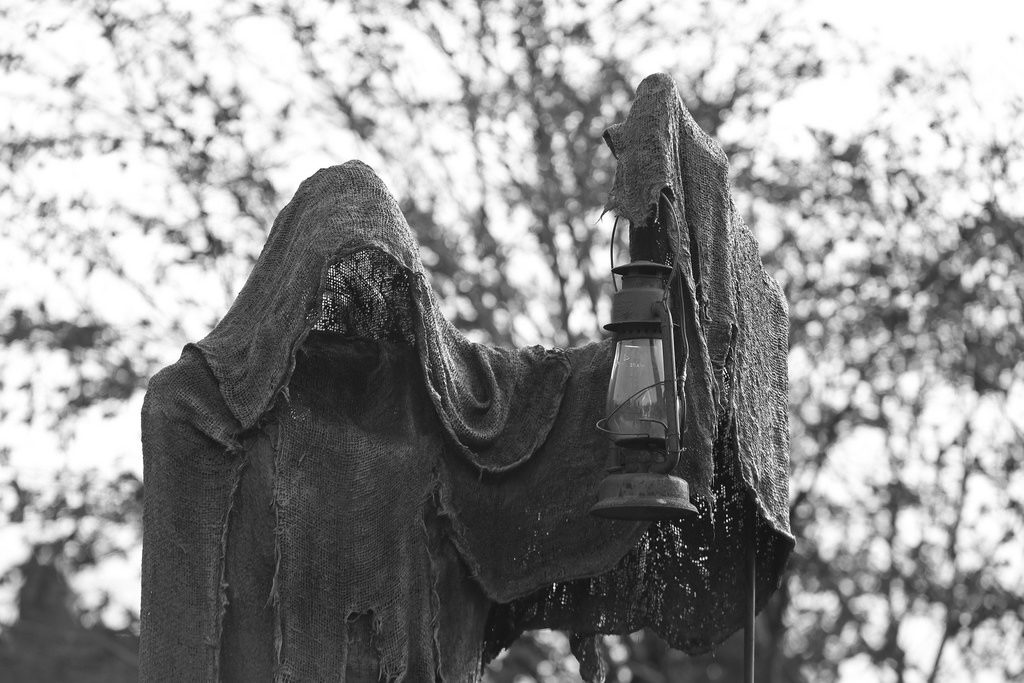The Big Misunderstanding that Dooms Most Coaching Structures
 I've written about small group coaching many times. I've focused on coaching because I believe it is a widely misunderstood and frequently under-appreciated yet essential ingredient in building a thriving small group ministry.
I've written about small group coaching many times. I've focused on coaching because I believe it is a widely misunderstood and frequently under-appreciated yet essential ingredient in building a thriving small group ministry.
See also, How to Build a Thriving Small Group Ministry.
Now, as challenging and difficult as it is to build an effective coaching structure, I believe if you don't have coaching in place you will almost certainly fail at building a thriving small group ministry. Why? I believe this because I am convinced that whatever you want to happen at the member level, must happen to the leader first. And once your small group ministry is larger than the number of leaders you can care for (about 10), you must expand your caring potential by adding an effective coaching structure. Note: Teaching better technique has almost nothing to do with the role of a small group coach.
The Big Misunderstanding
I've often written that whatever you want to happen at the member level, must happen to the leader first. I believe this is the true why behind small group coaching.
Whatever you want to happen at the member level, must happen to the leader first. This is the true why behind small group coaching. Share on X
I also believe this concept and practice is at the very heart of a misunderstanding that causes many attempts at building an effective small group coaching structure to fail miserably.
What's the misunderstanding? Far too many believe that small group coaching is about teaching better technique. And while it's understandable (the batting coach on a major league baseball team works with players to correct or refine their swing or approach), teaching better technique has almost nothing to do with the role of a small group coach.
Far too many believe that small group coaching is about teaching better technique. And while it's understandable (the batting coach on a major league baseball team works with players to correct or refine their swing or approach),… Share on X
See also, Model What You Want to Happen at the Member Level and 5 Obstacles to Building an Effective Small Group Coaching Structure.
The major role of a small group coach is to do to and for (and with) the small group leader whatever you want the leader to do to and for (and with) their members.
The major role of a small group coach is to do to and for (and with) the small group leader whatever you want the leader to do to and for (and with) their members. Share on X
Can you see how this understanding would almost completely change the characteristics of the kind of person who'd make the best small group coach? Once you understand the major role of a coach to be doing to and for (and with) the small group leader whatever you want the leader to do to and for (and with) their members...you will begin looking for a different kind of person.
Once you understand the major role of a coach to be doing to and for (and with) the small group leader whatever you want the leader to do to and for (and with) their members...you will begin looking for a different kind of person. Share on X
See also, 6 Essential Characteristics of an Effective Small Group Coach and Skill Training: Equip Your Coaches to Develop and Disciple Small Group Leaders.
Today's Questions
- Are you recruiting the kinds of men and women who have what it takes to do to and for (and with) your small group leaders whatever you want your leaders to do to and for (and with) their members?
- Have you compromised and filled your coaching structure with warm and willing, instead of hot and qualified?
- Have you given up (not understanding that to miss this dooms your efforts to build a thriving small group ministry)?
Need more help?
Building an Effective Coaching Structure - 2019, one of my most popular mini-courses, has everything you need to build the kind of coaching structure that makes life-change at the member level possible. You can find out more about this course right here.
Image by Eyesplash


